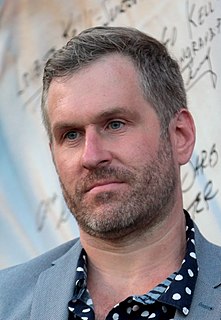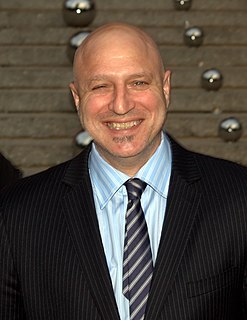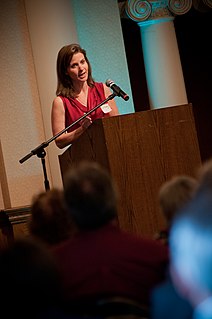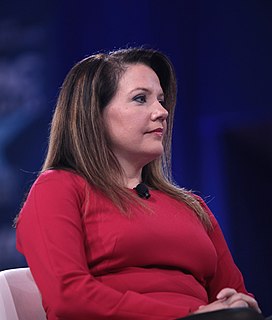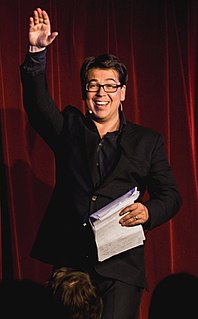A Quote by Mike Cernovich
I think it's great when people accuse me, almost always falsely, of promoting conspiracy theories, because that shows how effective I am at messaging and how effectively I can use social media.
Related Quotes
Social media is a great way to get customers. Time is money. If you do this right, it costs money. But social media is great because you put stuff out there and see if it works almost immediately. You can test to see if it will be effective for your company. It's easy if you hit a nerve and talk about something people are interested in. It's easy for them to share with their friends.
Mainstream media can be controlled, right. Because messaging from mainstream comes from that particular news outlet or whatever. Then you have the top people driving that messaging, and then that's what it is, right? Social media can really stir up a higher level of panic. If you think about it, it's not controlled.
Social media has dramatically changed the playing field in terms of crisis communications - and any company that does not effectively use social media to take the pulse of its constituents on a constant basis, and know how to communicate with them in a crisis, is breaching its fiduciary responsibilities to its stakeholders.
I began to firmly change my mind when I saw how young Egyptians used Facebook, for example, to begin to coalesce their social justice movement in their country. And a good Iranian friend of mine showed me how also in Iran, till the government shut it down, much was communicated via social media. So I'm not against. I use the internet regularly to do research. It's great but you have to use your discernment, especially if researching content.
Because those who hold conspiracy theories typically suffer from a crippled epistemology, in accordance with which it is rational to hold such theories, the best response consists in cognitive infiltration of extremist groups. Various policy dilemmas, such as the question whether it is better for government to rebut conspiracy theories or to ignore them, are explored in this light.
